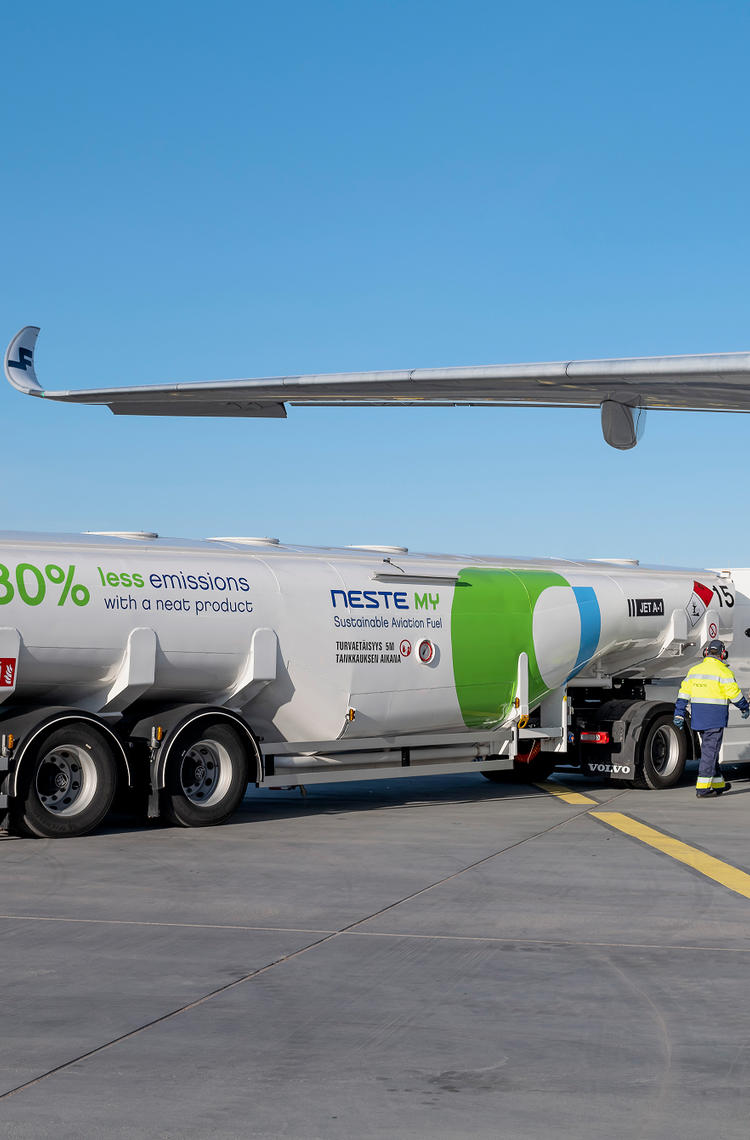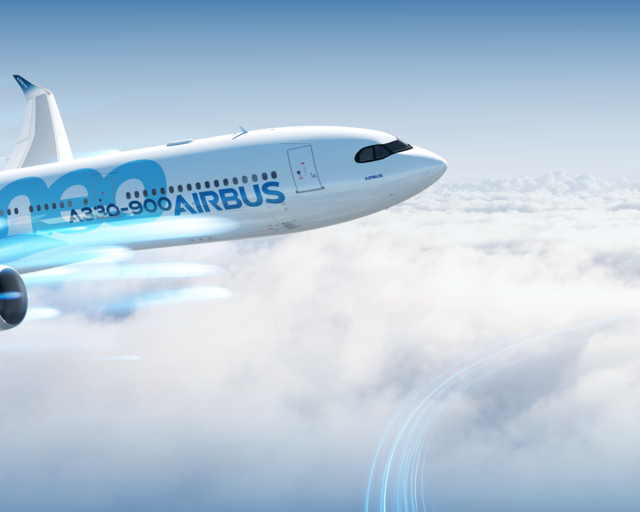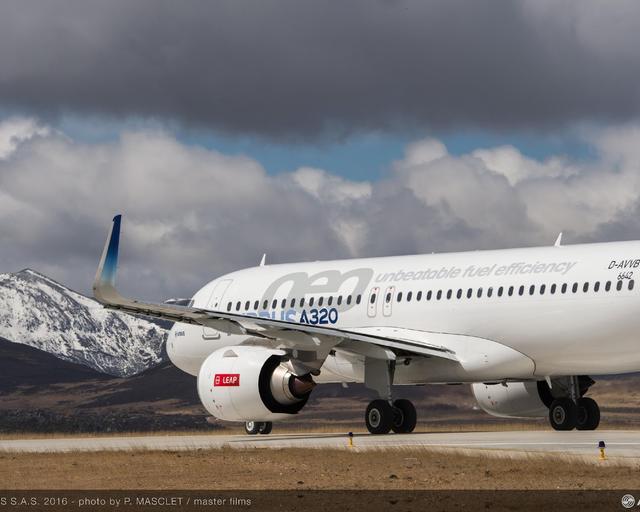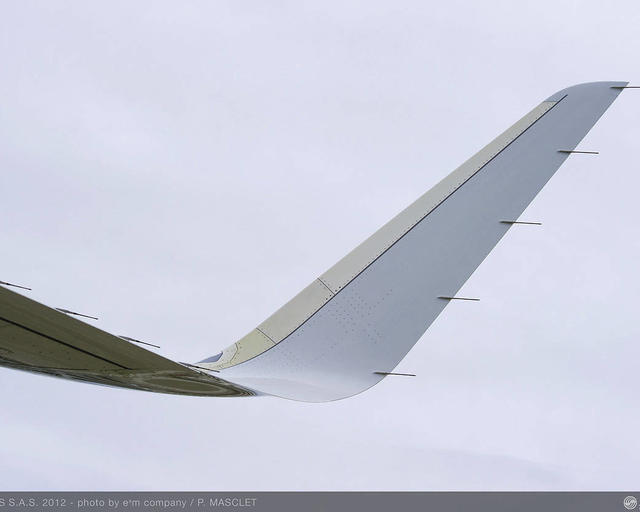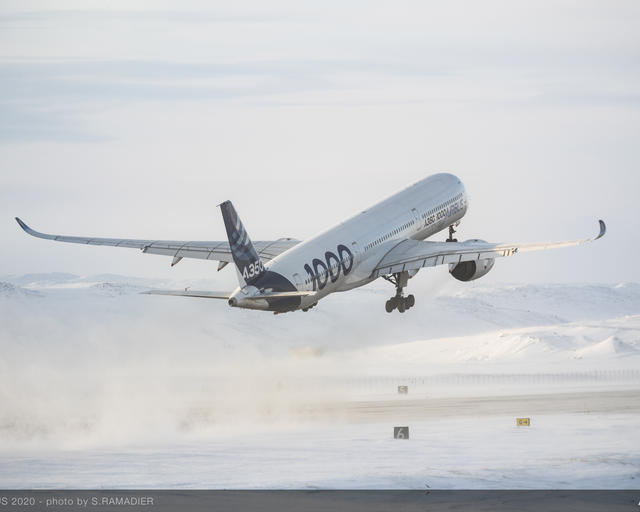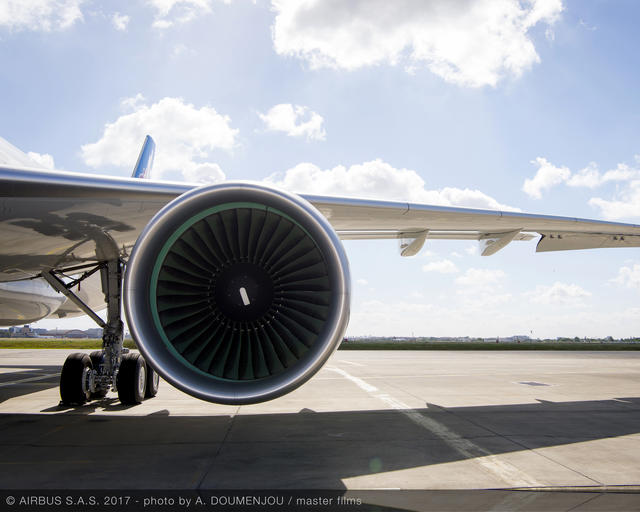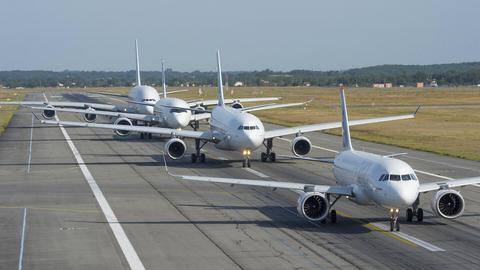Maximize savings with Airbus Fuel Efficiency Solutions
Did you know that you can fly your fleet more cost-effectively and support your sustainability journey with Airbus’ Fuel Efficiency solutions?
Easy to install software, the aircraft fuel efficiency solutions enable you to monitor and manage your aircraft fuel consumption and your budget.
Explore how each solution can affect your fuel performance and choose which ones are made for you!
#01
The path optimisers
Descent Profile Optimisation (DPO)
What can I expect?
The upgrade takes less than 4 hours to install and can save 75kg of fuel per descent on an A320 (or 140kg on an A330), potentially saving 140t of fuel and 441t of CO2 per year.
What is it? Descent Profile Optimisation (DPO) is a fuel-saving software upgrade for A320ceo and A330ceo aircraft.
What does it do? DPO updates the Flight Management System (FMS), reducing descent margins, enabling a later Top of Descent, and shortening deceleration distance in level-off.
IDLE Factor Optimizer (IFO)
What can I expect? Data is decoded and analysed during 3 months, aircraft specific Idle Factor is recomputed and ingested into Flight Management System (FMS) The Optimized IDLE factors will minimize use of airbrakes and thrust increase in descent allowing savings up to 59tof fuel and 184t of CO2 per aircraft per year.
What is it? IDLE Factor Optimizer (IFO) is a web application and complement to DPO. Developed by NAVBLUE, IFO computes the optimised IDLE Factor, based on data analytics, for individual aircraft.
What does it do? IFO continuously adjusts the Flight Management System prediction of the descent trajectory. When combined with DPO, every descent of each aircraft is fully optimised, resulting in fuel and emissions savings
Required Navigation Performance Authorization Required (RNP AR)
What is it? RNP AR is an upgrade for all Airbus aircraft families allowing to fly Required Navigation Performance with Authorization Required (RNP AR) procedures which are based on satellite positioning system.
What does it do? The RNP AR procedure can reduce fuel consumption (and flight time) thanks to flexible and more direct flight paths saving track miles. Other benefits of RNP AR include noise footprint management and increased airspace capacity.
Additionally, Airbus Consulting ensures that airlines are supported at every step of the process including stakeholders management, pilot training and Operational approval.
#02
The material upgrades
Sharklets
What is it? Sharklets are a retrofit available for many A320ceo Family aircraft. They are wing tip devices that increase the effective wing span of the aircraft and reduce lift-induced drag.
What does it do? Sharklets can deliver fuel savings of 4% and more with a resultant decrease in CO2 emissions. They also improve take-off, climb and initial cruise altitude performance as well as range and/or payload.
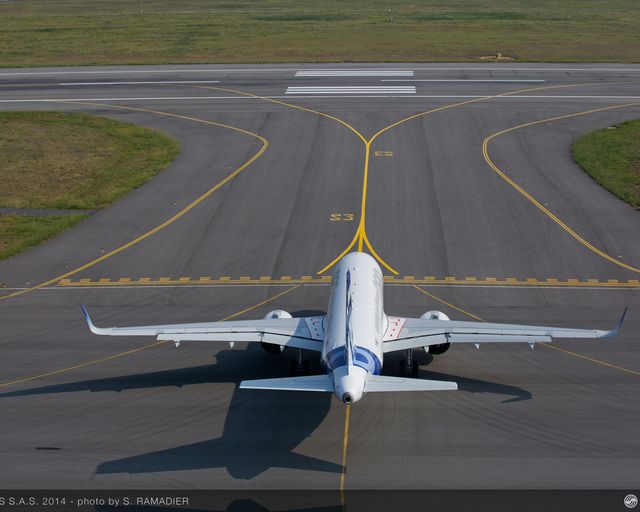
Single Engine Taxi Without APU (SETWA)
What can I expect? SETWA is installed on your aircraft by night (8 hours), after which you’ll be able to save up to 91t of fuel, 290t of CO2 per aircraft, per year*.
What is it? SETWA is an upgrade available for A320ceo Family aircraft which allows taxiing on one engine only.
What does it do? SETWA delivers brake savings and lower engine and APU maintenance, enabling you to not only save fuel but also reduce ground noise.
*calculations are based on Amsterdam Schiphol airport
#03
The resource managers
Smartfill
What is it? Smartfill is a Skywise Store app that helps airlines operating the A350 load the optimal quantity of potable water.
What does it do? Based on previous flights and the airlines own customised risk level, Smartfill calculates the amount of water that will be needed for a flight.
Loading less than 100% of the potable water capacity lowers the aircraft’s weight and so reduces fuel burn.
Air Management Function (AMF)
What can I expect? The upgrade can be installed within 5.5 hours. After that, savings can go up to 115t of fuel and 363t of CO2 per aircraft per year.
What is it? AMF is available as an upgrade on A330ceos.
What does it do? Air Management Function (AMF) adjusts the mix of conditioned fresh air from engine or APU bleed and recirculated air filtered by HEPA filters based on passenger count entered in the MCDU, optimizing fuel burn in lower density layouts or low load factors.
